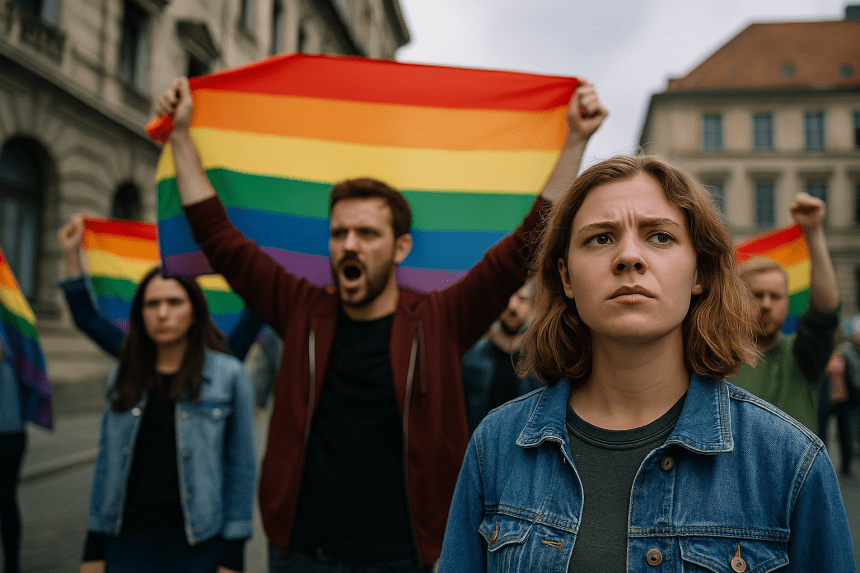The United Kingdom has fallen six places this year in ILGA-Europe’s global ranking of LGBTQ+ rights — the so-called Rainbow Map — following a controversial Supreme Court ruling that excluded transgender women from the legal definition of “woman.” The country, once considered a pioneer in defending the rights of the community, now ranks 22nd, second from last among Western European and Scandinavian countries. Only Italy ranks lower.
Meanwhile, Hungary and Georgia fell seven places each, with the former banning Pride and the latter passing a package of anti-LGBTQ+ measures reminiscent of Russian legislation. Georgia, in fact, adopted rhetoric and practices resembling Kremlin tactics, reinstating the doctrine of “sex at birth” and attempting to constitutionally rewrite gender roles.

ILGA-Europe warns that these shifts are not isolated. Instead, they are part of a larger phenomenon: the gradual but steady erosion of democratic guarantees at the European level. As Katrin Hugendubel, the organization’s Advocacy Director, has pointed out, “democracy is being silently eroded” through institutional tools that present themselves as “neutral” but in reality aim to silence and exclude.
Characteristic is the new Italian bill (1660), which provides for heavy prison sentences and fines for demonstrations that “disturb” public order – even allowing the preventive exclusion of citizens from public spaces without conviction, based only on complaints.
The UK, which topped the rankings in 2015 with a score of 86%, is now ranked 45th in terms of legal gender recognition. The Supreme Court ruling, according to ILGA-Europe, “represents a serious legal obstacle” for transgender people.
The rhetoric and measures observed in countries such as Hungary, Georgia, Italy and the United Kingdom, according to Hugendubel, mimic both the Russian model and recent practices in the US under Trump: with executive orders restricting transgender people’s access to healthcare and with the cancellation of inclusion (DEI) policies in federal agencies.
The big picture is not just a series of national policies. It is a global, organized backlash against LGBTQI+ rights, disguised as a “return to traditions” or “defense of social cohesion.” In reality, however, it is a campaign to entrench discrimination and criminalize diversity.











